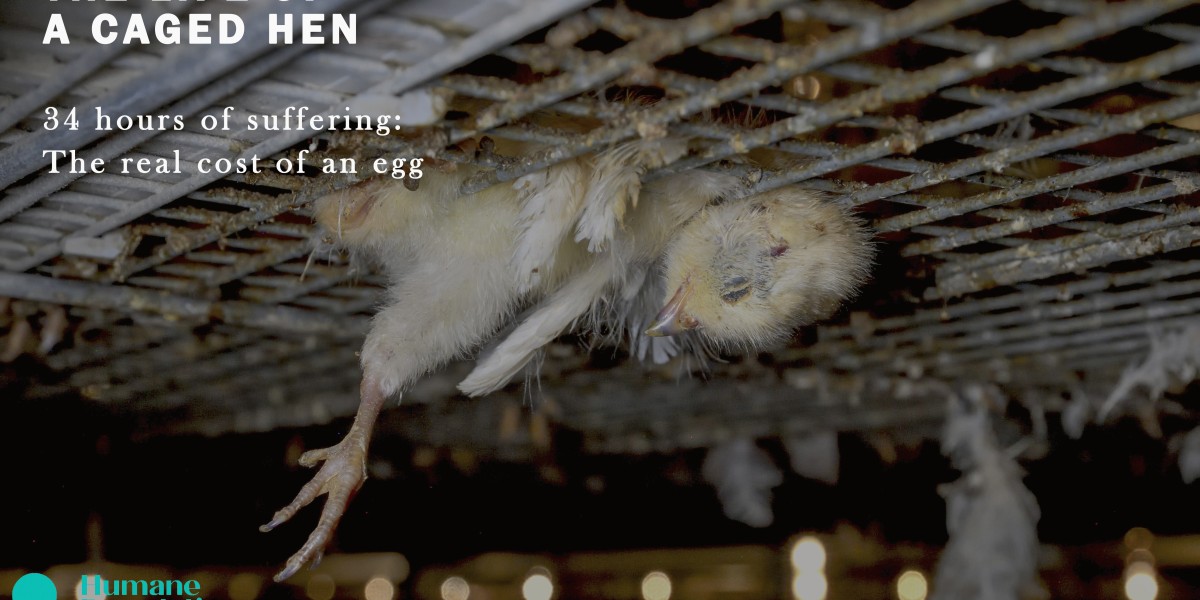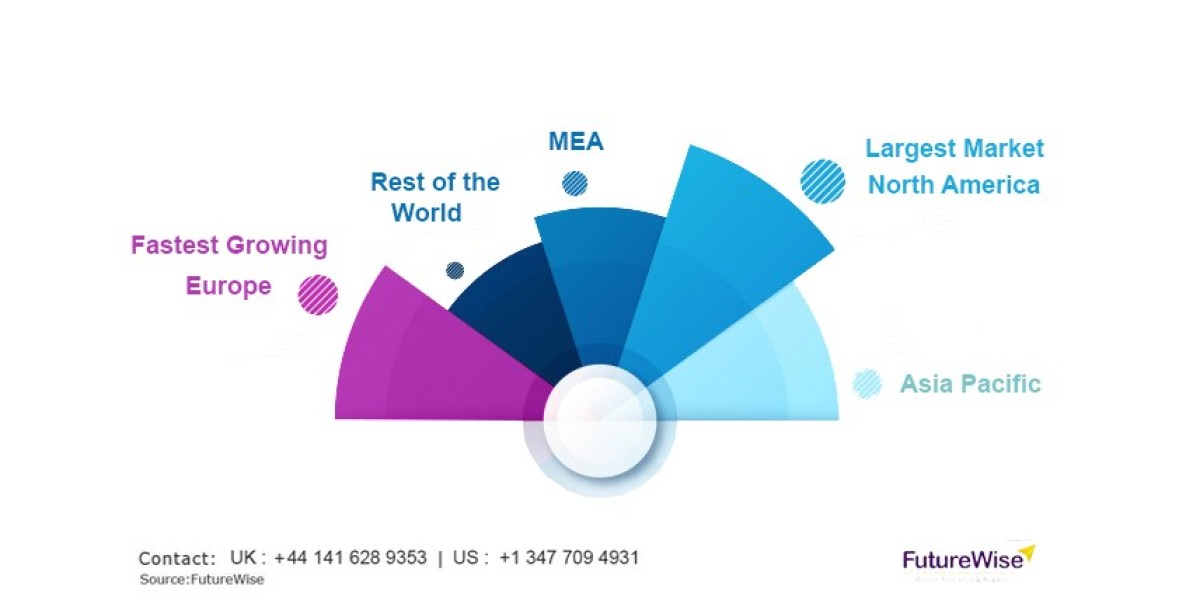Marine animal suffering is a pressing concern that extends far beyond the surface of our oceans. Beneath the waves lies a world of marine animal suffering wrought by human activities such as overfishing, pollution, and habitat destruction.
One of the most significant contributors to marine animal suffering is overfishing. The relentless pursuit of seafood has led to the depletion of fish populations worldwide, threatening the survival of countless marine species. Overfishing not only disrupts marine ecosystems but also causes immense suffering for fish and other aquatic creatures, who face starvation, disease, and habitat loss as a result of dwindling food sources.
Pollution is another major source of marine animal suffering. Plastic pollution, in particular, poses a significant threat to marine life, as animals become entangled in discarded fishing gear or ingest plastic debris mistaken for food. Chemical pollutants such as oil spills and agricultural runoff further degrade marine habitats, poisoning aquatic organisms and disrupting fragile ecosystems.
Climate change exacerbates marine animal suffering by altering ocean temperatures, acidity levels, and currents. Rising sea temperatures can cause coral bleaching, leading to the loss of vital habitat for marine species such as fish, turtles, and sharks. Ocean acidification, caused by the absorption of excess carbon dioxide, poses a threat to shell-forming organisms like corals, mollusks, and plankton, disrupting entire food webs and ecosystems.
The practice of bycatch also contributes to marine animal suffering. In commercial fishing operations, non-target species such as dolphins, sea turtles, and seabirds are often caught unintentionally in fishing gear and discarded back into the ocean, injured or dead. Bycatch mortality rates are alarmingly high, with millions of marine animals killed each year as a result of fishing activities.
Despite these challenges, there is hope for addressing marine animal suffering. Conservation efforts, marine protected areas, and sustainable fishing practices offer promising solutions to mitigate the impacts of human activities on marine life. Public awareness and education are also essential in fostering a greater appreciation for the oceans and the creatures that inhabit them.
Individual actions can make a difference in reducing marine animal suffering. Choosing sustainable seafood options, reducing plastic consumption, and supporting organizations dedicated to marine conservation are just a few ways that individuals can help protect marine life and mitigate the impacts of human activities on the oceans.
In conclusion, marine animal suffering is a complex and multifaceted issue that demands attention and action from all sectors of society. Overfishing, pollution, climate change, and bycatch all contribute to the suffering endured by marine animals worldwide. By working together to address these challenges and promote sustainable practices, we can create a future where marine life thrives and marine animal suffering is minimized.









